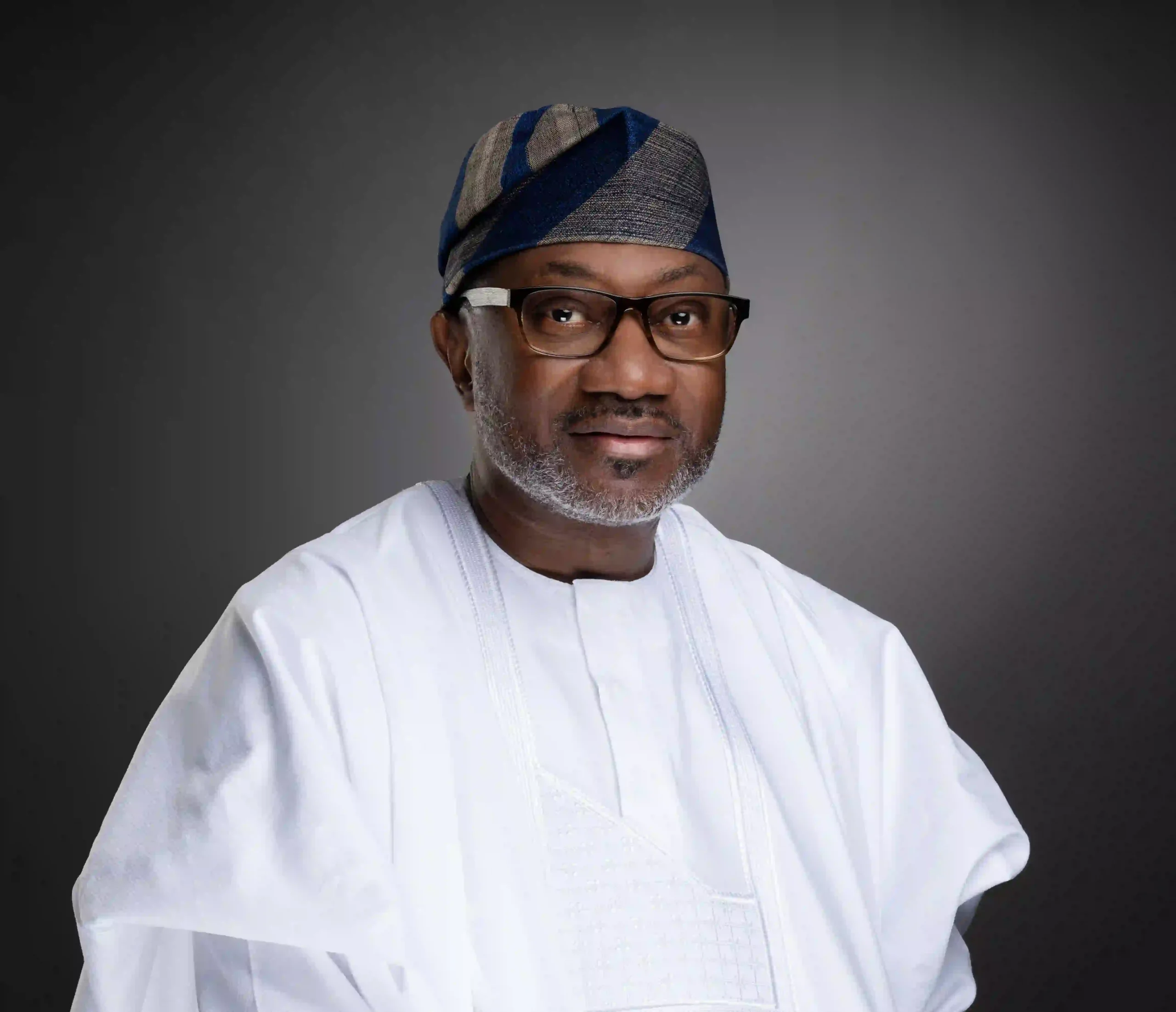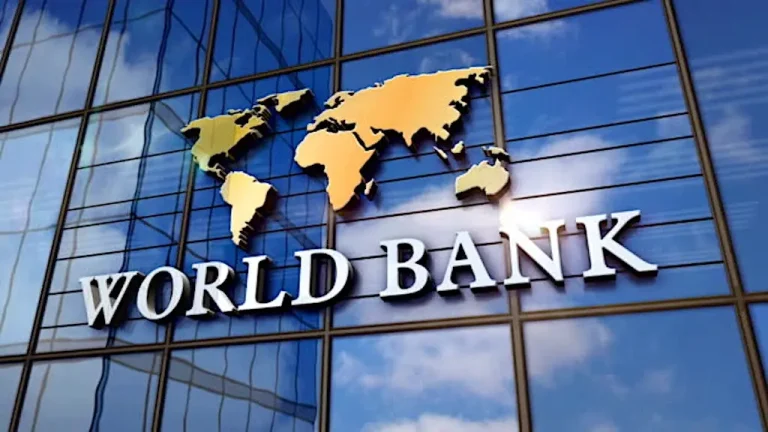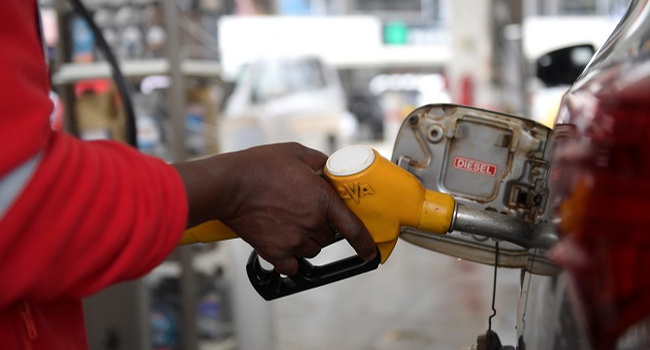
Nigerian billionaire and energy mogul Femi Otedola has advised members of the Depot and Petroleum Products Marketers Association of Nigeria (DAPPMAN) to evolve or risk irrelevance, stating that fuel depots are fast becoming obsolete in the wake of recent industry reforms.
In a sharply-worded statement issued Monday, Otedola praised President Bola Tinubu for fully deregulating Nigeria’s downstream petroleum sector, calling it a bold move that ended decades of corruption, rent-seeking, and subsidy fraud.
He also extended congratulations to Aliko Dangote, whose refinery is now delivering locally refined petroleum products to the Nigerian market, saying it marks a transformative moment for Nigeria’s energy independence.
“Nigeria now has over 4 million metric tons of fuel storage capacity most of it lying idle,” Otedola said. “With the Dangote Refinery now supplying locally, the old business model is crumbling.”
Otedola, who founded DAPPMAN in 2002, reflected on the group’s original mission to give independent depot owners a platform to compete with dominant oil marketers. But he says that era has passed, and many depots are now “tanks built for an import economy that no longer exists.”
“I told some depot owners last year to sell their depots as scrap while they still had value,” he said, warning that resistance to change would lead to bankruptcy for many.
With the end of Petroleum Product Import Permits (PFIs) and the rise of local refining, Otedola argued that DAPPMAN’s continued agitation is misguided especially calls reportedly asking Dangote Refinery to pay ₦1.5 trillion to subsidize their operations.
“What is DAPPMAN fighting for? A model built on imports, subsidy arbitrage, and outdated infrastructure?” he asked. “The Dangote Refinery should not be expected to subsidize inefficiency.”
Otedola compared Nigeria’s downstream sector today to the cement industry of a decade ago. Once local production took off, he said, bulk importers vanished, and their infrastructure became redundant. The same, he insisted, is happening now with petroleum.
“If they believe in competition, let them come together and try to buy the Port Harcourt Refinery,” he challenged DAPPMAN. “Let’s see if they can run it better than NNPC did.”
He noted that international trends also support downsizing: depots in Houston and Amsterdam are being decommissioned or repurposed because of shifting energy supply chains.
Otedola didn’t hold back in calling out the corruption of Nigeria’s former subsidy system. He revealed he had warned former President Goodluck Jonathan that depot owners were the biggest beneficiaries of the opaque system, which siphoned over ₦2 trillion through questionable subsidy claims.
“The system rewarded neither innovation nor transparency. It was built to benefit depot owners,” he said.
He also dismissed the notion that depots significantly contribute to employment, noting that most depots employ only a handful of workers compared to retail filling stations, which provide jobs to dozens.
Otedola praised Dangote’s investment in 8,000 Compressed Natural Gas (CNG) trucks, which he said not only reduces environmental impact but also addresses logistics challenges and removes reliance on rickety third-party vehicles.
“Aliko has transformed the entire logistics chain. He’s not just refining fuel,he’s reinventing the system,” Otedola said.
He recounted his own extensive experience in the diesel and haulage business, once being crowned Life Patron of the Petrol Tanker Drivers (PTD) union.
“I know this business intimately. I was king of it. When I say the game has changed, it’s not theory, it’s fact.”
“Let Go of Entitlement and Embrace Reform”
For Otedola, the message is clear: clinging to outdated privileges will not stop the march of progress. He urged DAPPMAN members to sell, repurpose, or pivot into last-mile retail, noting that depots are no longer strategic assets in a post-subsidy economy.
“Folawiyo Group exited early. That’s strategic thinking. Others should follow suit before it’s too late,” he advised.
In closing, he praised Dangote for executing a vision that many once thought impossible:
“Dangote Refinery is not the problem, it’s the solution. Africans are proud of you, Aliko. And yes, you can now go to Monaco and rest ‘jejely’ like me. You’ve earned it.”


